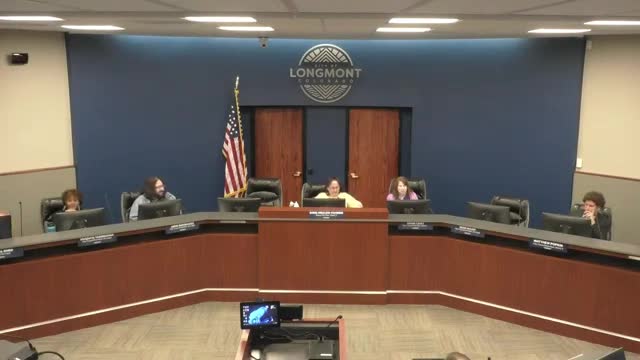Article not found
This article is no longer available. But don't worry—we've gathered other articles that discuss the same topic.
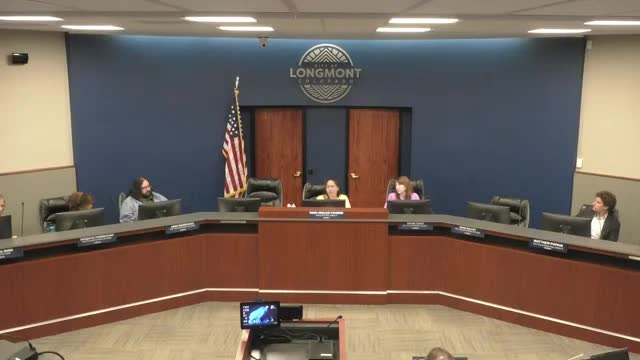
Longmont council allocates up to $10,000 from contingency for Juneteenth and affirms funds for boards-and-commissions appreciation
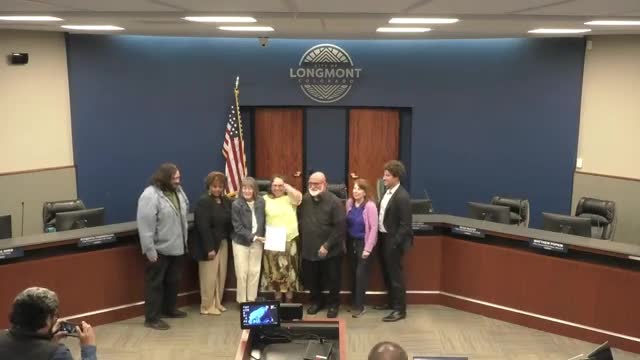
Council reviews draft code changes to expand commercial daycare locations, requests next steps
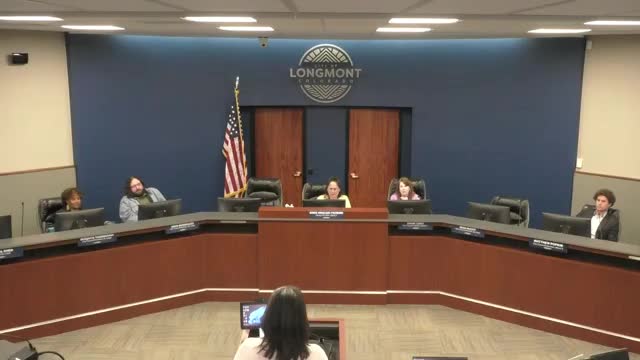
Longmont presents outcomes from Broncos stadium grant: nearly $980,000 backed 16 youth programs
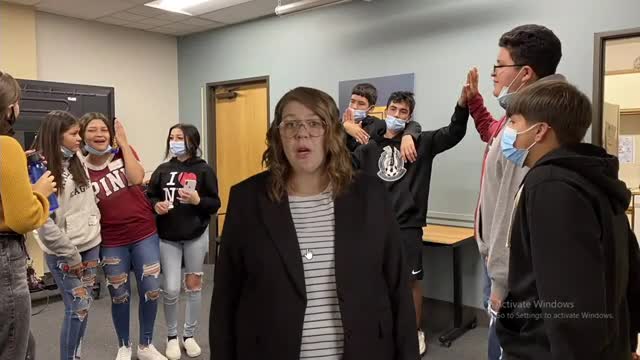
Council pauses vote on marijuana hospitality ordinance after debate over indoor smoking and packet errors
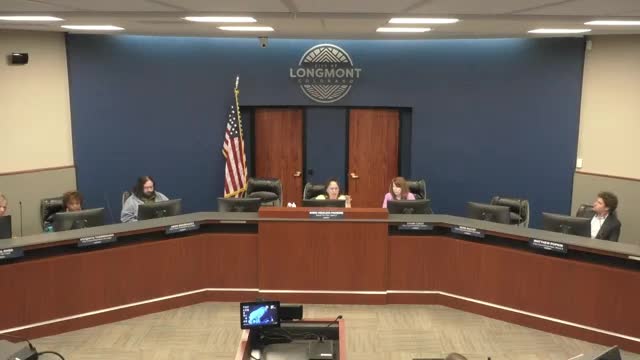
Longmont council moves to limit number of registered *** offenders in residences; public raises transparency concerns about nearby facility
